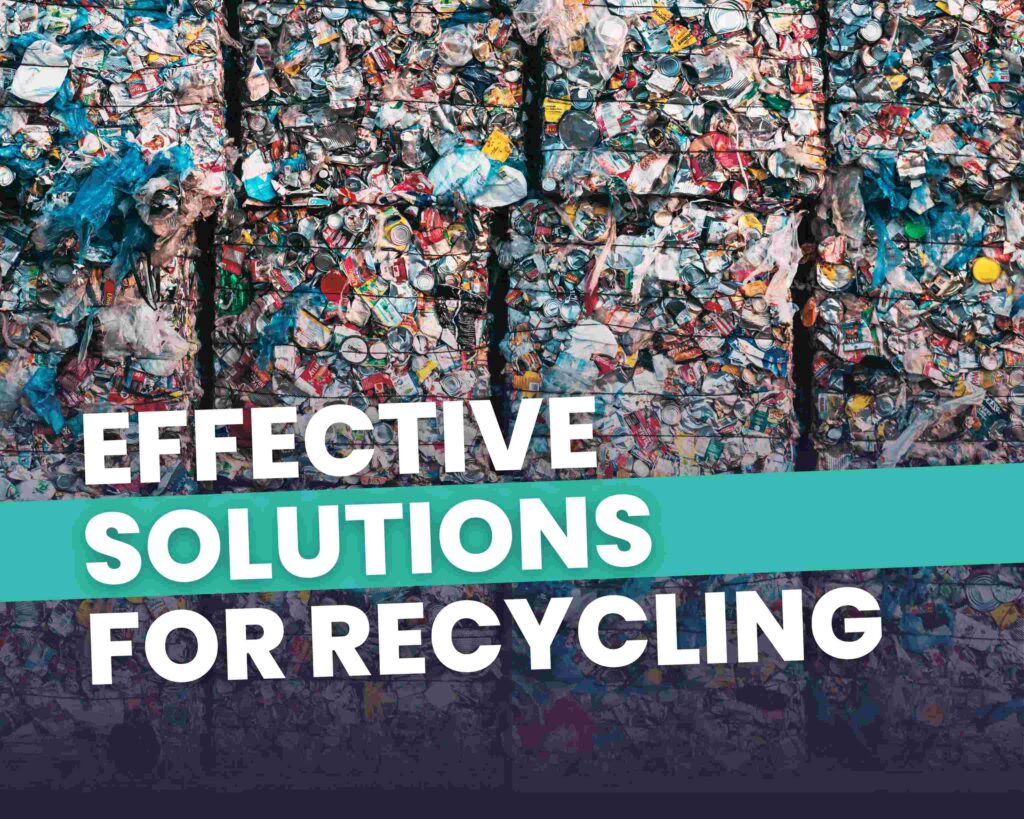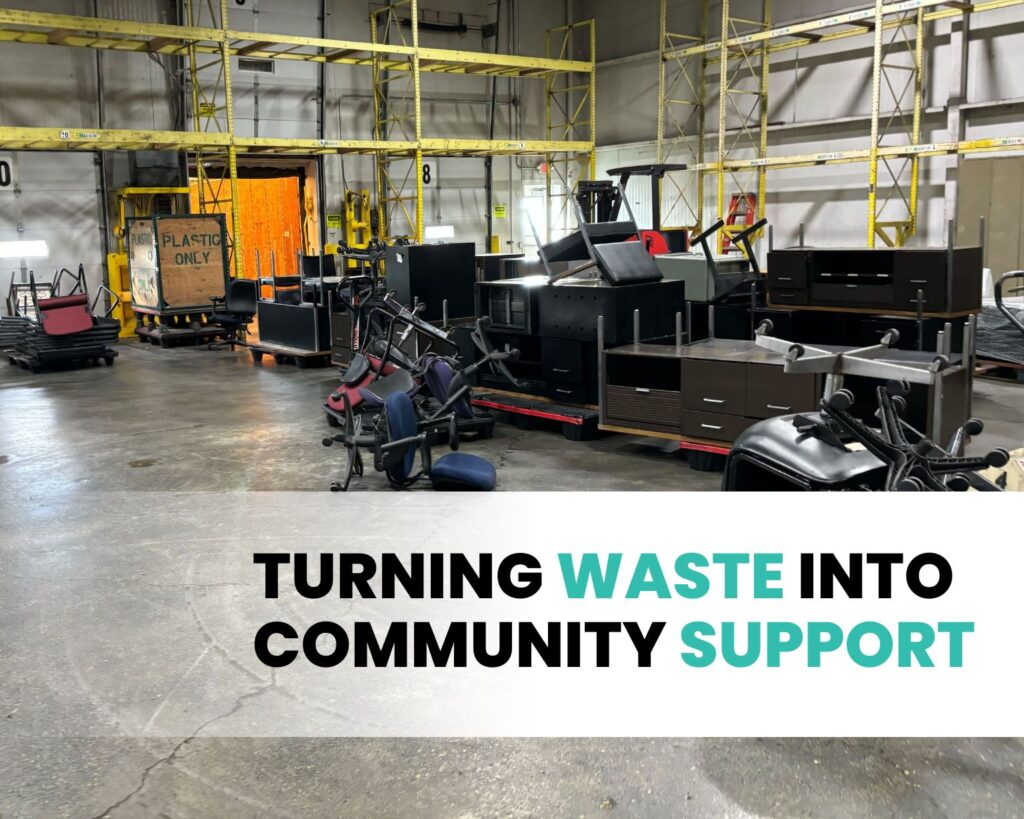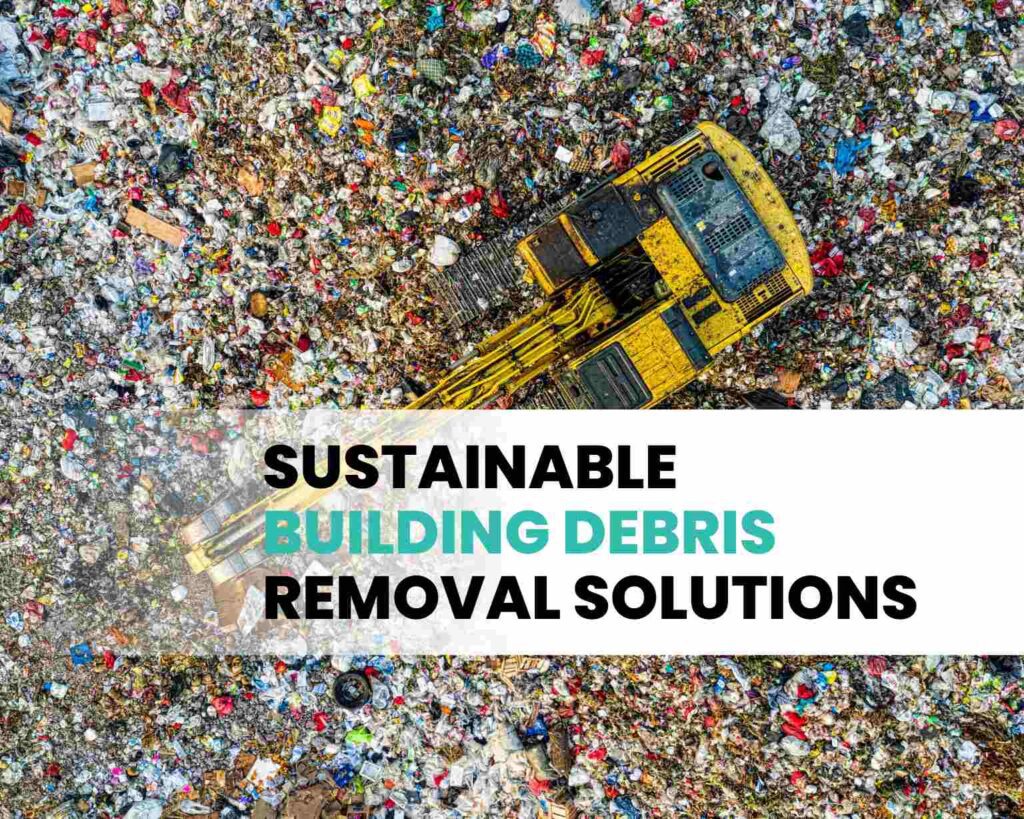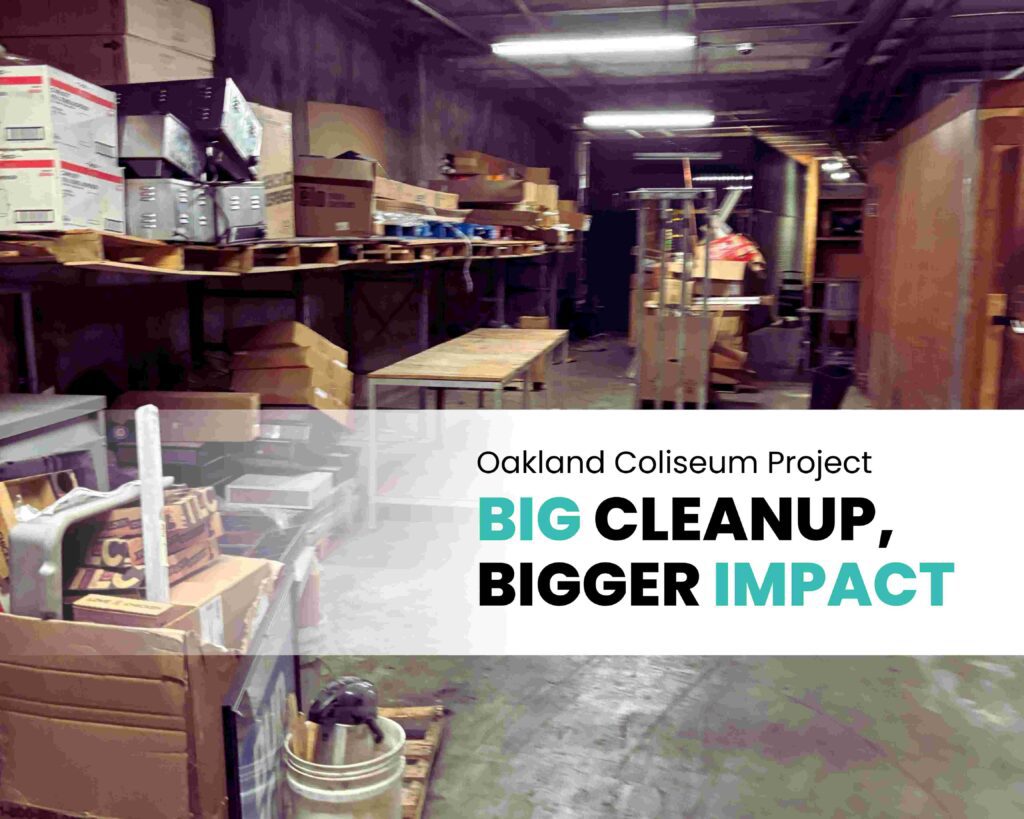Hazardous Waste – Proper Disposal of Hand Sanitizer
Table of Contents
Hazardous Waste – Proper Disposal of Hand Sanitizer
Hand sanitizers have become an essential item in daily life, helping to maintain personal hygiene and prevent the spread of illness. It is crucial to understand the importance of proper disposal of these products as hazardous waste. This article will discuss the composition of hand sanitizer, why expired sanitizer should be treated as hazardous waste, and how to properly dispose of it.
Hand Sanitizer Composition
Hand sanitizers are predominantly composed of alcohol, accounting for 60-95% of the product. The remaining ingredients include water, glycerin, and other additives. The high alcohol content effectively kills bacteria and viruses but can also cause environmental damage if not disposed of correctly.
Expired Hand Sanitizer as Hazardous Waste
Expired hand sanitizer should be treated as hazardous waste for several reasons. First, the high alcohol content can pose a fire hazard and contaminate water supplies if it leaks into the environment. Second, the alcohol may degrade over time, reducing the sanitizer’s effectiveness and potentially posing a risk to users. Lastly, expired sanitizer that ends up in regular garbage facilities can also cause issues for waste management workers, as the high alcohol content makes it dangerous to handle.
Proper Disposal of Hand Sanitizer
To properly dispose of, follow local guidelines for hazardous waste management. Some steps to take include:
- Checking the product label for instructions.
- Contacting your local management facility to inquire about dumping methods.
- Ensuring the sanitizer bottle is tightly sealed before dumping to prevent leaks.
Following these steps can help protect the environment and avoid fines or penalties for improper waste dumping.
Environmental Impact of Improper Disposal
When not disposed of effectively, it can lead to severe consequences for the environment. The high alcohol content in the sanitizer can contaminate soil and water sources, leading to long-term damage to ecosystems. Additionally, the improper dumping of hazardous materials can contribute to pollution, putting both human health and wildlife at risk.
Recycling and Reuse Opportunities
Recycling and reusing components can have significant environmental and social benefits. Some initiatives include:
- Waste-to-energy: Converting waste material from hand sanitizer production into biofuel, reducing landfill usage, and promoting renewable energy.
- Beneficial reuse: Recycling hand sanitizer bottles and containers can provide tax deductions, promote social responsibility, and foster stronger community relationships.
Our Company’s Services for Hazardous Waste Disposal
Our company offers a range of services to help you manage the disposal of hand sanitizer and other hazardous elements responsibly. We accept various items, including:
- Hand sanitizers
- Electronics
- Batteries
- Paint
- Cleaning materials
By choosing our services, you can benefit from our expertise in waste management and commitment to environmental sustainability.
The Importance of Liquidation
Liquidation plays a vital role in the proper disposal of hazardous materials. By liquidating excess inventory, businesses can:
- Free up valuable shelf/storage space
- Reduce opportunity costs associated with holding onto unsellable items
- Save resources and space by eliminating the need for physical inventory storage
Environmentally Responsible Disposal Practices
In addition to proper disposal, it is essential to be mindful of other hazardous waste materials. Examples of items include:
- Expired medications
- Pesticides
- Aerosol cans
These practices help ensure that hazardous waste does not negatively impact the environment and public health.
Educating and Encouraging Responsible Disposal
Raising awareness about the importance of responsible disposal of hand sanitizer and other hazardous elements is essential. Here are a few ways to educate and encourage proper practices:
- Share information on the dangers of improper dumping and the environmental impact of hazardous waste.
- Provide guidelines and local resources to help individuals and businesses properly discard items.
- Promote reduction and reuse initiatives, such as recycling programs and community clean-up events.
By educating the public, we can work together to protect the environment and ensure a healthier future for all.
Proper Storage of Hand Sanitizer
It is crucial to store hand sanitizer properly to prevent accidents and environmental contamination. Some tips for safe storage include:
- Keep the hand sanitizer in its original container, ensuring the bottle is tightly sealed.
- Store away from direct sunlight and heat sources, as high alcohol content can pose a fire risk.
- Keep it out of reach of children and pets to avoid accidental ingestion.
Following these guidelines can help prevent accidents when the time comes.
Community Involvement in Waste Management
Community involvement plays a crucial role in promoting responsible waste management practices. By engaging in activities such as:
- Organizing community clean-up events and hazardous waste collection drives
- Encouraging businesses and households to separate waste, making it easier to dispose of and recycle things
- Supporting local management facilities and recycling centers
Communities can help ensure that hazardous materials are disposed of correctly, reducing their impact on the environment.
Conclusion
Understanding the importance of properly disposing of hand sanitizer as hazardous waste is crucial for protecting the environment and public health. By following proper guidelines, recycling and reusing where possible, and educating others on responsible practices, we can minimize the negative impact.










